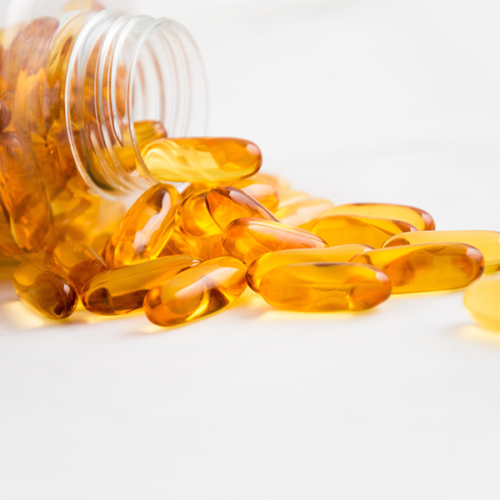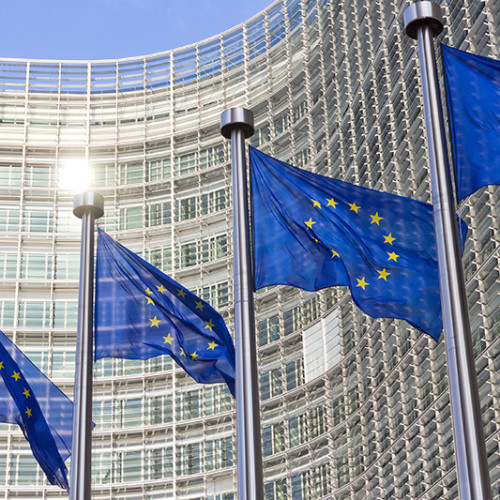
EFSA has now made available to applicants the new guides/guidelines for the preparation and submission of applications for the launching of novel foods in the European Union.

On 30 April 2024, the Food Standards Agency (FSA) and Food Standards Scotland (FSS) concluded based on the opinion of the Advisory Committee on Novel Foods and Processes (ACNFP) that novel foods, synthetic cannabidiol (CBD) and CBD isolate developed by Chanelle McCoy Ltd and Cannaray Ltd respectively were safe under the proposed conditions of use.

The use of algae biomass in foods is a growing market in Europe. On February 2024,a list of more than 20 new algae species has been added to the Novel Food catalogue. When there is the evidence of a traditional use of algae in any EU Member State before 15 May 1997, their use as foods and food supplements is not considered as novel and is not subject to a long and costly pre-market approval procedure according to the Novel Food Regulation. A list of around 50 algae species considered as not novel is now available in the EU Novel Food catalogue.

On 1 August 2023, the EU Commission published implementing Regulation (EU) 2023/1581 amending Implementing Regulation (EU) 2017/2470 as regards the conditions of use of the novel food ‘astaxanthin-rich oleoresin from Haematococcus pluvialis algae’. The new Regulation extends the conditions of use in food supplements for children aged 3 to less than 10 years and for adolescents aged 10 to less than 14 years of age (1).

EFSA is organizing a two-day scientific symposium on May 11 to gather scientific views and opinions from representatives of European, international and national agencies, technology companies as well as food operators, consumer groups and a range of individuals and other organizations interested in the issue of the safety of foods derived from cell cultures.

The cannabidiol, CBD, an active substance most often of natural origin, is one of the phyto-cannabinoids. CBD, as the tétrahydrocannabinol (THC ), is present in the cannabis flowers and leaves. It is a non-addictive psychotropic drug, unlike THC. It is also a component in the form of an extract, medicine, or everyday consumer products, only some of which are authorised in France under specific conditions of THC content. In addition, CBD is considered at European level as a novel food whose safety is currently being assessed by EFSA.

The publication of a statutory instrument finally allows certain edible insects to be legally placed on the British market.

Under a new Regulation, lesser mealworm larvae enter the list of authorized novel foods.

Alphitobius diaperinus larvae may soon be on our plates!

On 28 June 2022, a webinar information session was held to present the recently published EFSA “Statement on safety of cannabidiol as a novel food: data gaps and uncertainties” to stakeholders.